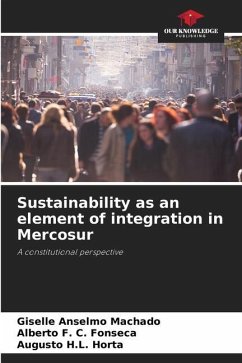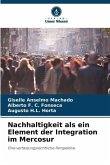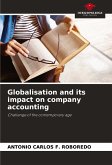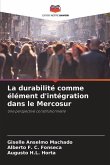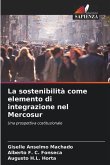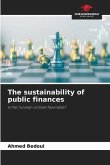The Southern Common Market, or simply MERCOSUR, was born out of the need for some Latin American countries to survive in the globalised world. Initially made up of four countries, today this group has six, which discuss, in addition to economic processes (the purpose of its creation), global issues such as the environment. This paper seeks to analyse the environmental protection rules in the constitutions of the MERCOSUR member countries so that, through a comparative analysis based on the functionalist method, with the help of historically contextualised comparisons, it can be ascertained whether there is a possibility of building a single constitution between them, or at least of making joint decisions when it comes to common environmental problems. We start with the legal protection that the constitutions of the MERCOSUR member countries express in their respective texts in order to check for homogeneity in the constitutions of the MERCOSUR member countries with regard to environmental protection.
Bitte wählen Sie Ihr Anliegen aus.
Rechnungen
Retourenschein anfordern
Bestellstatus
Storno

